LGBTQ+
(PS7-B36) An Active Partnership in an Affirming Environment: Transgender and Gender Diverse Participants’ Experiences with a Transdiagnostic CBT Clinical Trial
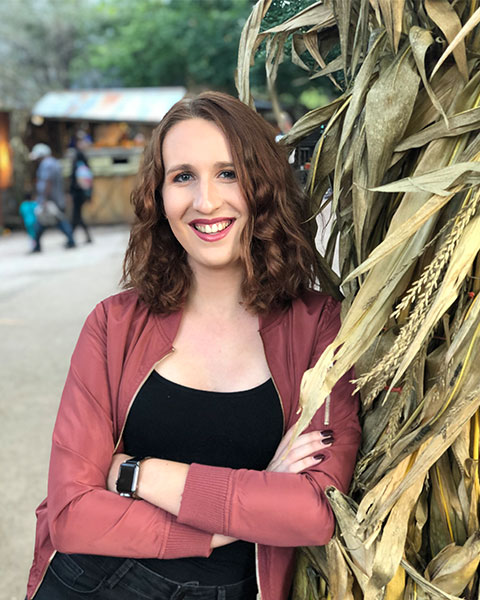
Sage A. Volk, M.A.
Doctoral Student
University of Nebraska-Lincoln
Lincoln, Nebraska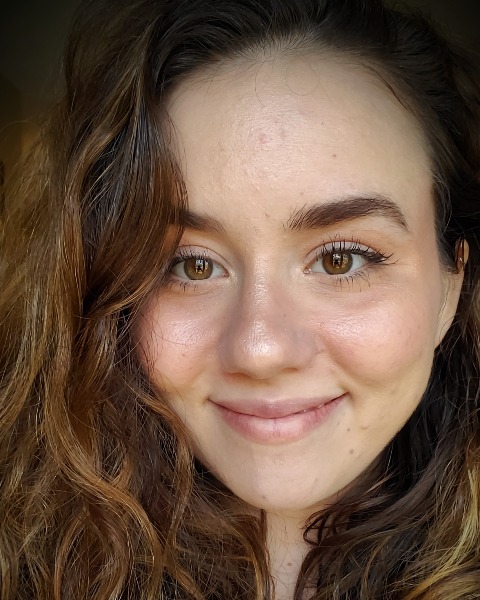
Brenna R. Lash, M.A.
Graduate Student
University of Nebraska-Lincoln
Lincoln, Nebraska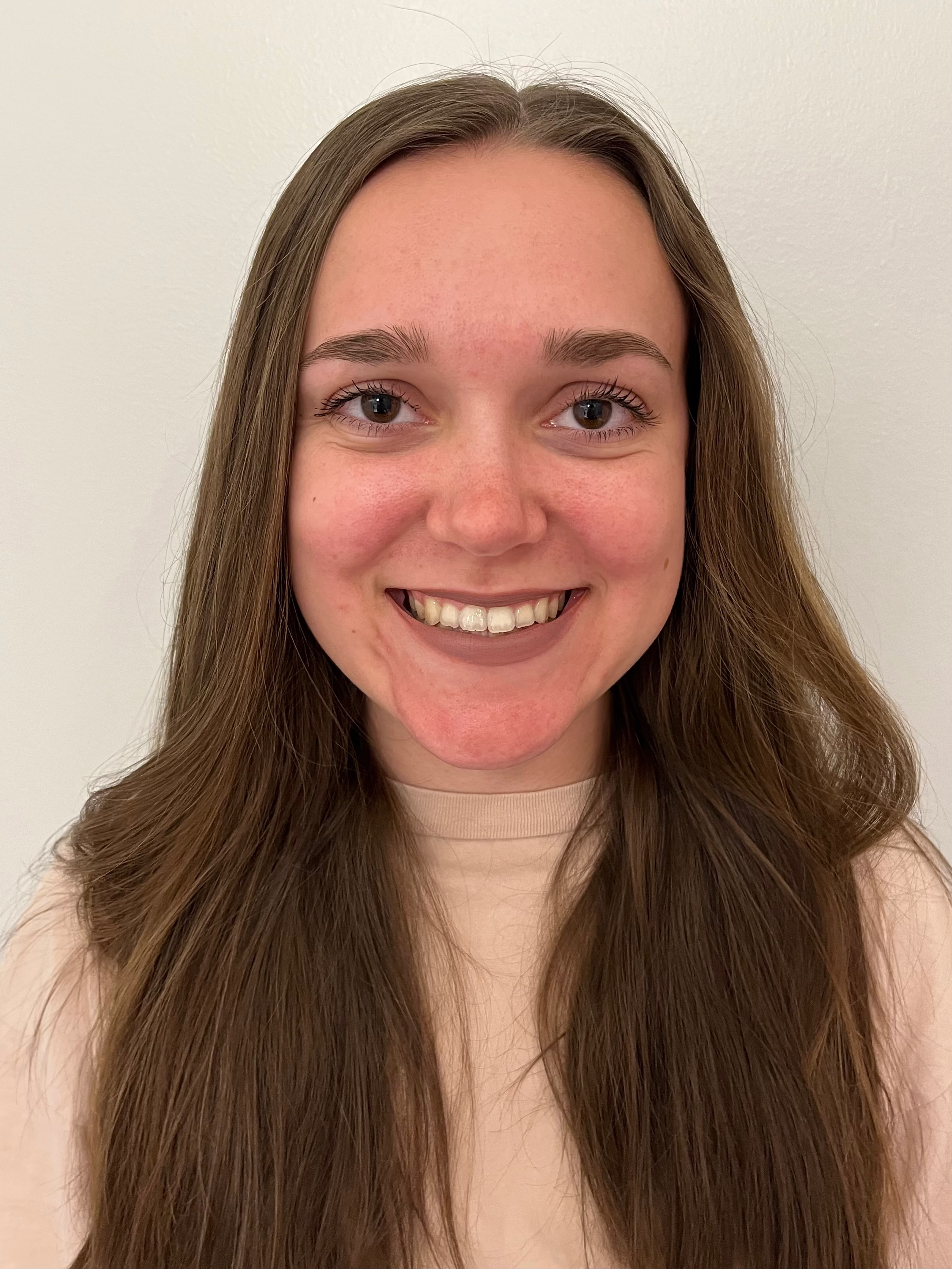
Sarah Ashworth, B.A.
Graduate Research Assistant
University of Nebraska-Lincoln
Lincoln, Nebraska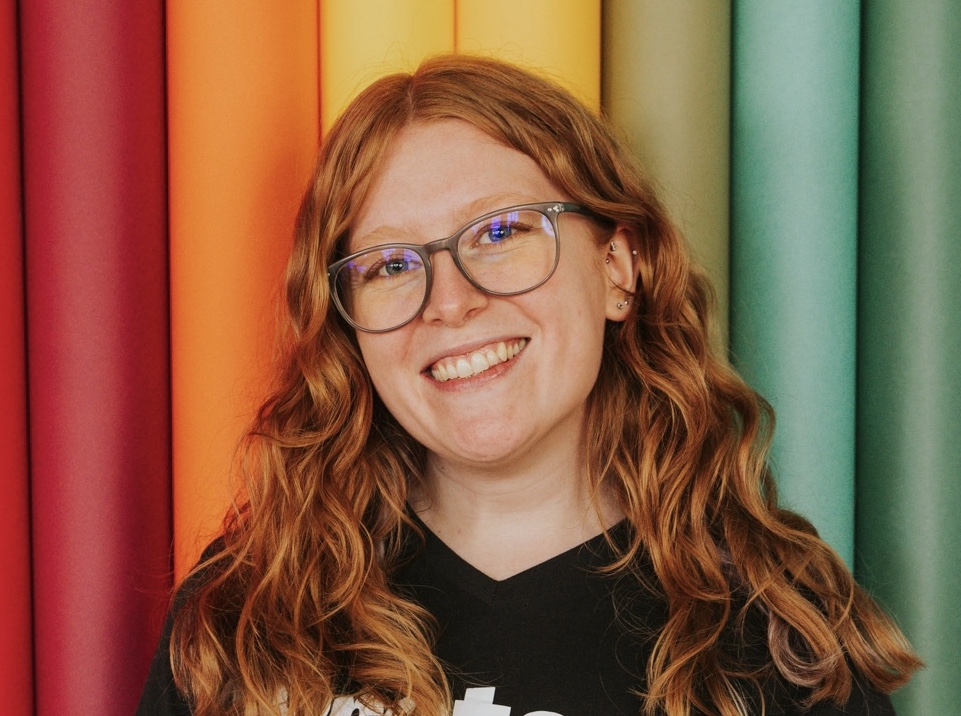
Hannah M. Coffey, M.A.
Graduate Student
University of Nebraska-Lincoln
Lincoln, Nebraska- FC
Frances C. Calkins, M.A.
Doctoral Student
University of Nebraska-Lincoln
Lincoln, Nebraska - RM
Richard Mocarski, Ph.D.
Associate Vice President for Research
San Jose State University
San José, California 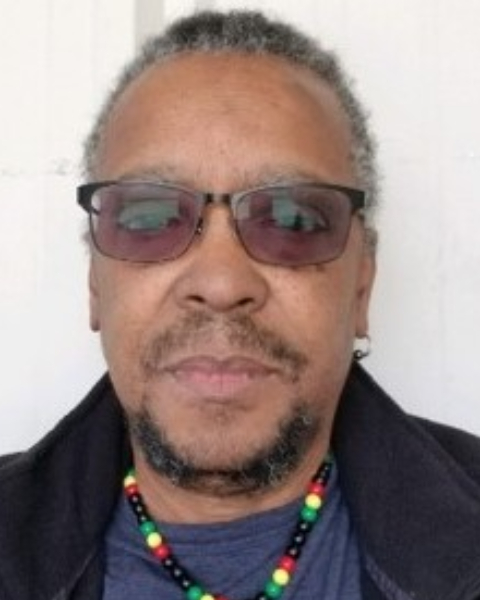
Nathan A. Woodruff, None
Trans Collaborations Local Community Board Chair
Trans Collaborations
Lincoln, Nebraska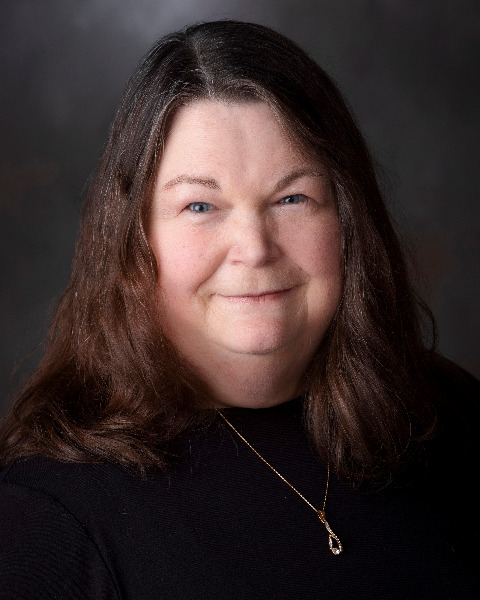
Debra A. Hope, Ph.D.
Aaron Douglas Professor
University of Nebraska-Lincoln
Lincoln, Nebraska
Author(s)
Co-Author(s)
It is well-established that transgender and gender diverse (TGD) individuals experience greater rates of mental health disparities compared to their cisgender peers; despite this, little research has focused on developing a deep understanding of the experiences of TGD people in therapy and research studies investigating therapeutic methods such as clinical trials. The present study addresses this gap in knowledge by analyzing participant interviews regarding their experiences participating in a clinical trial that made TGD-affirming adaptations to a transdiagnostic cognitive-behavioral therapy (CBT) treatment. The present study was designed to answer research questions: (1) What elements of participating in a clinical trial are TGD-affirming or not? and (2) What elements of completing a manualized CBT protocol were affirming or beneficial or not?
Data for the present study comes from a clinical trial that is ongoing and has currently enrolled 14 TGD adults aged 20 to 69 years. Participants complete a 12-session weekly CBT protocol and are randomly assigned to either immediate treatment or a 12-week delayed treatment (i.e., “waitlist”) condition prior to completing the protocol. During the waitlist condition, therapists check in with participants biweekly to ensure they are comfortable remaining on the waitlist. Once participants begin treatment, they are asked to participate in interviews three times throughout treatment (i.e., halfway, end of treatment, 3 months following completion of treatment). For the present study, 22 interviews from 10 participants were analyzed to ascertain the themes that emerged as participants participated in this project. Approximately 40 total interviews across 20 participants will be ready to be analyzed for the final poster.
Qualitative analyses revealed three main overarching themes about participating in a clinical trial and manualized CBT protocol. All themes centered on affirming components of the study. The first of these themes was the (1) benefit from working with an affirming, knowledgeable therapist which led to an increased comfort with and confidence in the therapists. Additionally, participants described the affirming nature of (2)being an active partner in improving mental health services for TGD communities by participating in affirming questionnaires and interviews throughout participation. Finally, participants noted that this CBT protocol was beneficial and affirming because the therapists were (3) incorporating weekly experiences of marginalization into therapy.
These findings indicate that participants believe a clinical trial and CBT protocol can be affirming if adapted properly. Specifically, participants noted that the adaptations used in the development and implementation of the CBT protocol produced an affirming environment that is not commonly found elsewhere. To be effective researchers and clinicians for TGD populations, individuals and institutions should be educating themselves, centering TGD voices and perspectives when designing research or treatment, and feeling comfortable incorporating aspects of the TGD person’s various identities into treatment.

